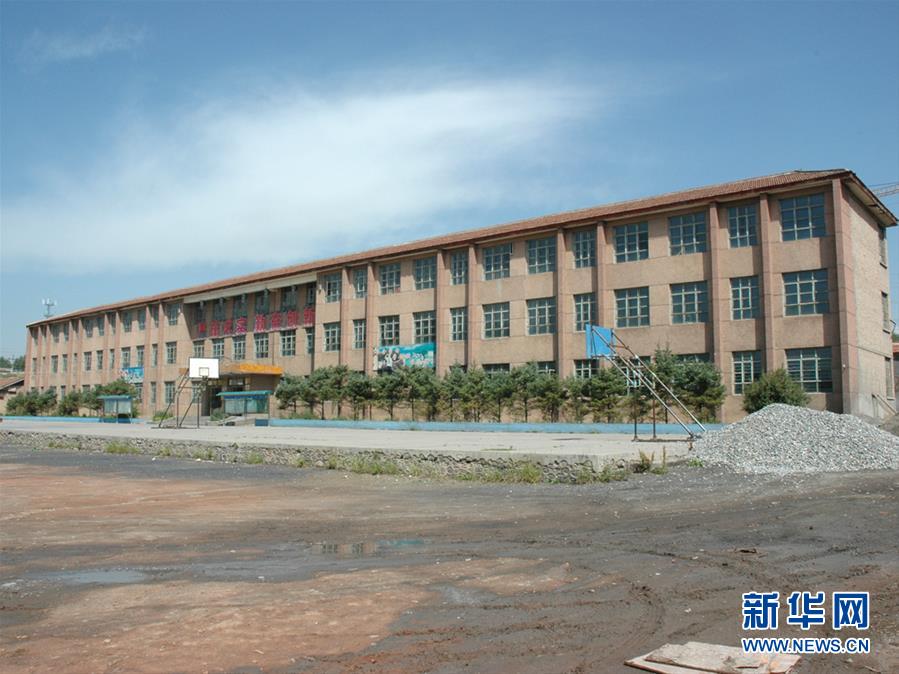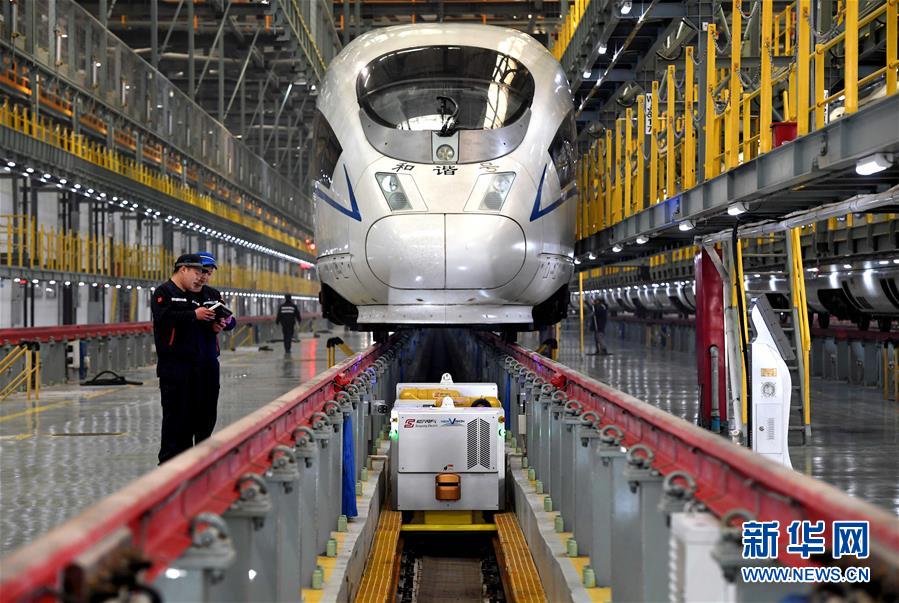Can't get enough Google?articles on genital eroticism You're in luck.
The company, a division of Alphabet Inc., has announced that it will expand its Cloud services to five new regions, and build three new submarine cables to service its capacity needs.
SEE ALSO: Google wants your phone screen to double as a speakerGoogle's Cloud platform is already up and running in thirteen regions including Tokyo, Taiwan, Mumbai, Singapore, Sydney, London, Belgium, Frankfurt, Sao Paulo, Oregon, Iowa, Northern Virginia, and South Carolina. The company estimates that its network currently accounts for 25% of all internet traffic.
The platform will expand to Hong Kong, Los Angeles, Montreal, the Netherlands, and Finland. This means companies in these regions who leverage Google's Cloud Platform for their server capacity in these regions will experience higher performance and fewer service disruptions.
Those who live in these regions, according to Google, should be excited.
"Overall, these investments mean faster and more reliable connectivity for all users and customers," a Google spokesperson told Mashable. The new regions will "give customers high performance levels, high availability local computing, flexibility of deployment and scalability for their applications and data."
 Original image has been replaced. Credit: Mashable
Original image has been replaced. Credit: Mashable Google is also constructing, or taking part in constructing, three undersea cables, which will be commissioned in 2019. Customers in the areas these cables connect will experience faster and better Google Cloud Platform and G Suite services as a result of the increased network capacity and connectivity.
They join eight additional cables in which Google has direct investment, as well as many more from which the company leases capacity. Google is also invested in Indigo which connects Australia, Indonesia, and Singapore, and PLCN which connects Hong Kong and Los Angeles, both of which will also enter service in 2019.
"Overall, these investments mean faster and more reliable connectivity for all our users and customers," the company says. "Subsea cables increase capacity and latency to these regions."
The Curie cable will connect California to Chile. Of the three cables, Curie is the only one that Google privately owns. Google will become the first major non-telecom company to build a private intercontinental cable.
As the sole owner, Google will have complete control over Curie's design and construction. "Once deployed, we can make routing decisions that optimize for latency and availability," the company said.
Google is also working with Facebook, subsea network manufacturer Aqua Comms, and industrial group Bulk Infrastructure on the Havfrue cable, which will connect the U.S. east coast to Denmark and Ireland.
The conglomerate has tapped undersea communications system supplier TE Connectivity to construct the cable. TE has already begun scoping out the cable's potential route.
Google is also working with telecommunications infrastructure company RTI Connectivity and IT manufacturer NEC Corporation on the HK-G Cable, connecting Hong Kong and Guam. The cable will deliver what NEC refers to as "much-needed expansion of communications networks between Asia and the United States."
Basically, watch out, world. Google is coming to you, and it's coming fast.
Topics Google
(Editor: {typename type="name"/})
 Google repeatedly shuts down questions on sexism—and that's a problem
Google repeatedly shuts down questions on sexism—and that's a problem
 Rudy Giuliani's unfortunate 'Borat' appearance is now a meme
Rudy Giuliani's unfortunate 'Borat' appearance is now a meme
 15 anthems of self
15 anthems of self
 U.N. confirms the ocean is screwed
U.N. confirms the ocean is screwed
WhatsApp launches 'Advanced Chat Privacy' to protect sensitive conversations
 WhatsApp just launched a new level of privacy: Advanced Chat Privacy. WhatsApp has always hadend-to-
...[Details]
WhatsApp just launched a new level of privacy: Advanced Chat Privacy. WhatsApp has always hadend-to-
...[Details]
How to stream the final presidential debate
 Finally, the end is near: The last U.S. presidential debate will be held Thursday night. This time t
...[Details]
Finally, the end is near: The last U.S. presidential debate will be held Thursday night. This time t
...[Details]
Life is tough on Twitter when you share a name with someone in Trump's administration
 UPDATED(12:15 p.m. ET, Monday October 30, 2017):Updated to add account of George PapadopoulosThe Twi
...[Details]
UPDATED(12:15 p.m. ET, Monday October 30, 2017):Updated to add account of George PapadopoulosThe Twi
...[Details]
Tom Holland responds to ridiculous meme about a frog hiding in his mouth
 Since the release of his anticipated film, Spider-Man: Homecoming, Tom Holland has been making the r
...[Details]
Since the release of his anticipated film, Spider-Man: Homecoming, Tom Holland has been making the r
...[Details]
Google's new AI model is being used to remove image watermarks
 It's bad enough that tech companies trained their AI models on content that doesn't belong to them.
...[Details]
It's bad enough that tech companies trained their AI models on content that doesn't belong to them.
...[Details]
Trump only wants positive news about him, thanks
 Before former White House Chief of Staff Reince Priebus and former White House Press Secretary Sean
...[Details]
Before former White House Chief of Staff Reince Priebus and former White House Press Secretary Sean
...[Details]
YAS KWEENS! 'Broad City' now has a line of sex toys
 Alright kweens, time to update your sex toy collection. One of the largest sex toy retailers, Loveho
...[Details]
Alright kweens, time to update your sex toy collection. One of the largest sex toy retailers, Loveho
...[Details]
Jennifer Lawrence seriously had a 'Kardashian tent' on the set of her latest film
 After filming particularly harrowing scenes from the upcoming psychological thriller Mother!, Jennif
...[Details]
After filming particularly harrowing scenes from the upcoming psychological thriller Mother!, Jennif
...[Details]
The Baffler’s May Day Round Up
 The Baffler ,May 1, 2017 The Baffler’s May
...[Details]
The Baffler ,May 1, 2017 The Baffler’s May
...[Details]
Just like you, Jason Momoa got totally pumped about that 'Game of Thrones' battle
 Spoilers for Season 7, episode four of Game of Thrones, y'all. Be warned.Sadly, Khal Drogo did not m
...[Details]
Spoilers for Season 7, episode four of Game of Thrones, y'all. Be warned.Sadly, Khal Drogo did not m
...[Details]
The Bose QuietComfort Ultra headphones are on sale for $100 off

Apple's iPhone 12, 12 Pro, and new iPad Air are now available in stores

接受PR>=1、BR>=1,流量相当,内容相关类链接。